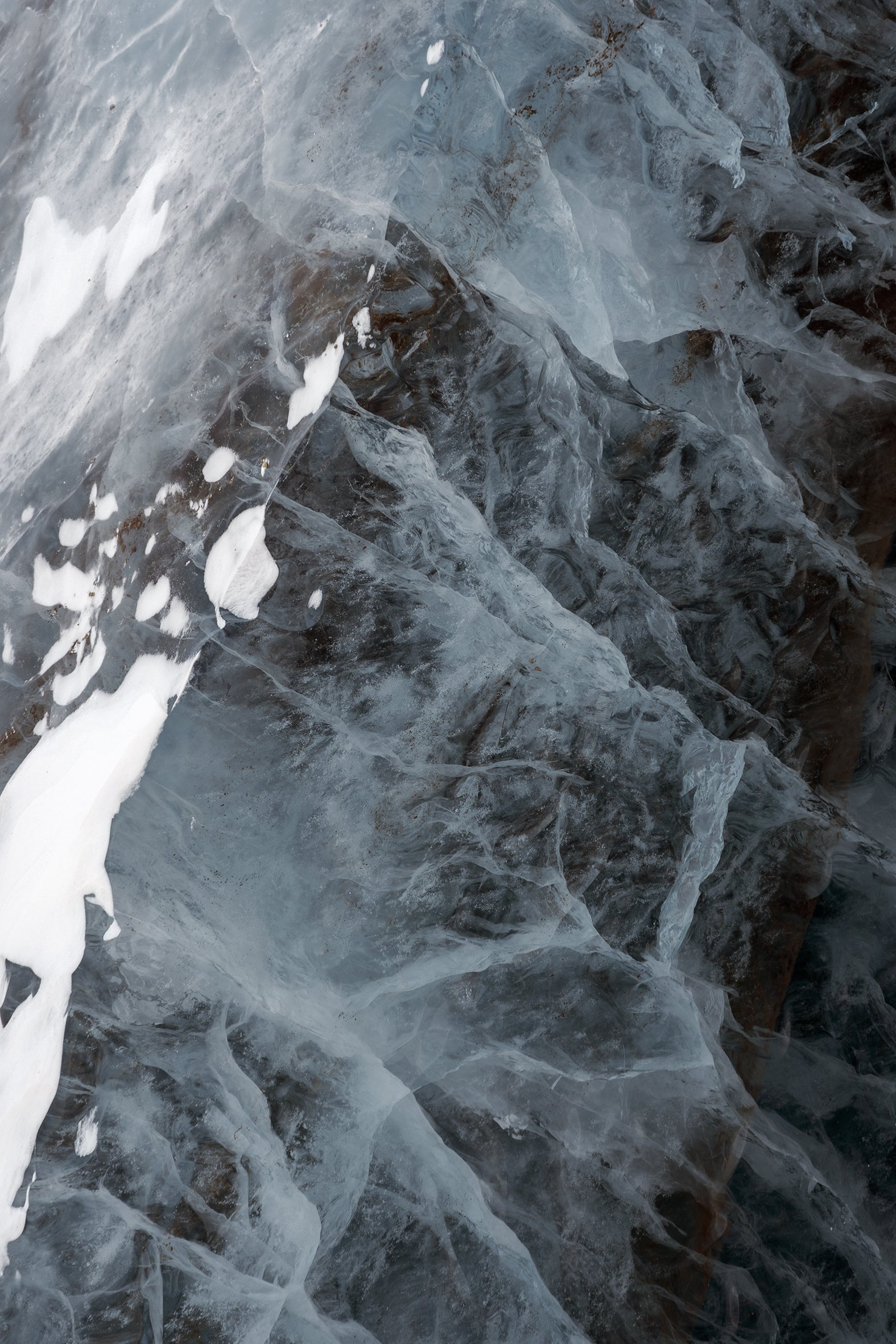Projects
Current, past & affiliated
-
Solimán López, Artist in Residence
Vivien Roussel, Resilient Futures, Institute for Future Technologies
Clement Duhart, Director, Institute for Future TechnologiesLearn more here: https://dvic.devinci.fr/call/svalbard
About Institute for Future Technologies
The Institute for Future Technologies is the trans-disciplinary and innovative hub of the Pôle Léonard de Vinci. We invent real-world, human-centered technologies with long-term perspectives for our planet.
Our student and researcher community of makers develops technologies within philosophical and critical frameworks to shape our societies' futures. We implement real-world solutions as well as design projects for enhancing public education and engagement.
We strongly believe that alternative futures more responsive to people and our planet require new types of engineering, design, and business models in which trans-disciplinary approaches bridge the gap between sciences, techniques, sociology, and philosophy. Our collective approach is forged through education programs for engineers, designers, Ph.D. students, and an artist residency program.
We collaborate on industrial projects and form research partnerships with various companies and startups sharing our values. Our researchers contribute actively to top-level international research in multiple fields, including artificial intelligence, human-computer interactions, and ecology. Our community's creative works are presented at art festivals and in public exhibitions.
Institute for Future Technologies, Pôle Léonard de Vinci
The Institute for Future Technologies at the Pôle Léonard de Vinci invites the Artist in Residence to carry out artistic research in Svalbard.
-
Maggie Coblentz, Expedition Leader
Sean Auffinger, Mission Integrator
Trond Storm Johansen, Polar Bear Watch
Somayajulu Dhulipala | AgriThrive: Emergency preparedness for Plant Growth in Martian/Lunar environments
Joe Kennedy | MicroMobile
Cody Paige | Capturing the Moon: VR for remote exploration
Sana Sharma | SEI Analog Environments Study: Adaptation, Collaboration, and Resilience in Extreme Environments
Jess Todd | Sea2SpaceAriel Ekblaw, Director, MIT Space Exploration Initiative
Learn more here: https://media.mit.edu/posts/arctic-space-analog-2022
About MIT Space Exploration Initiative
With society at the cusp of interplanetary civilization, the MIT Space Exploration Initiative takes a unique approach to humanity’s horizons. We are building the technologies and artifacts for life in space that will empower and delight Earth’s citizens for this new phase of our collective existence. In doing so, we build on the spirit of the MIT Media Lab, uniting artists, scientists, engineers and designers to prototype our Sci-Fi space future. We are creating space technologies that envision a bold and culturally rich “new space age”, from astro-bacteria wearables, to open-access and shareable cubesat constellations, to musical instruments for our space voyages, to floating space habitats. The philosophy of “democratizing access to space exploration”—bringing moonshots, starshots, and earthshots into the purview of hackers and makers—courses through our work. For the MIT community and our collaborators, the Space Exploration Initiative leads space research and launch opportunities across annual zero-g flights, suborbital launches, ISS missions, and MIT's return to the Moon. The Space Exploration Initiative supports up to 40 research projects in a given year, extensive STEAM outreach, and a team of 50+ researchers.
Assocciated MIT Space Exploration Initiative
Researchers are learning from extreme environments to enable access to regions from far corners of planet Earth, to the Moon and Mars. Before going to space, researchers must test technologies to better understand the complexities of fieldwork and personal interactions with their equipment and teams. Projects include adaptive mapping algorithms for both underwater and planetary science robotics, a plant habitat for extreme environments, and virtual reality data collection for the MIT SEI 2023-2024 lunar surface mission.
Assocciated Arctic Waters Pilote
Ten artists from the United States, Svalbard, Norway, Scotland and Germany embark on a ten day sailing project along Greenland’s west coast in August 2023.
Images 1 / 3: © Lena von Goedeke 2023
Image 2 : © Maggie Coblentz for MIT Space Exploration Initiative 2022


